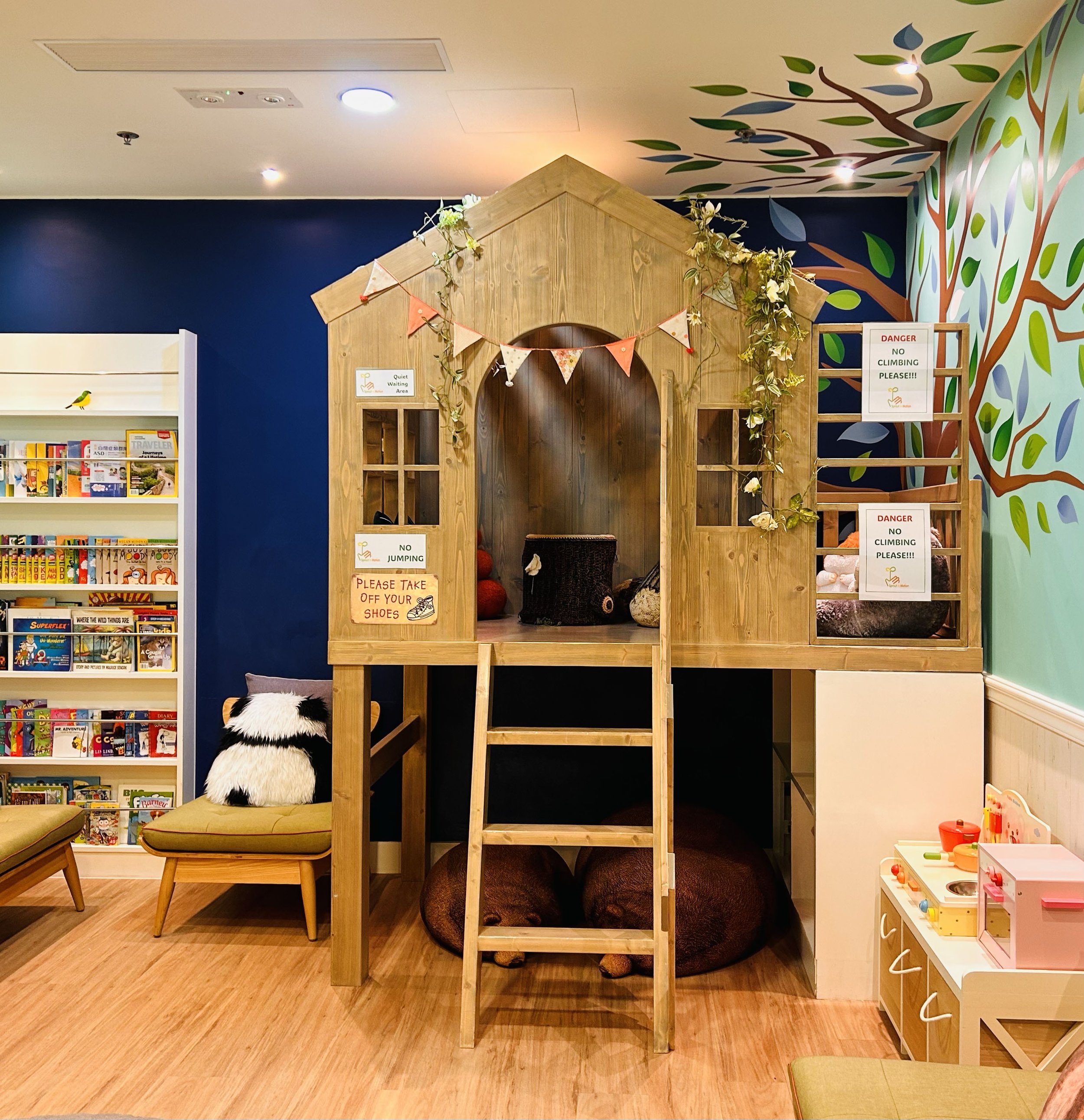Articles
Nurturing Understanding: Essential Tips for Teaching Sex Education to Teenagers with Autism
Sex Education for Teens with Autism | Supportive Strategies
Learn how to teach sex education to teenagers with autism using compassionate, age-appropriate strategies that promote safety, confidence, and understanding.
Toilet Training for Children with Autism: Effective Strategies for Parents
Toilet training can be challenging for children with autism due to communication barriers, sensory sensitivities, and routine changes. Discover expert-backed strategies, including visual schedules, reward systems, and professional guidance, to support your child's independence and success in mastering this essential life skill.
Untangling the Connection Between Social Anxiety and Autism: What Parents Need to Know
Social anxiety (SAD) and autism (ASD) both affect social interactions but have distinct causes. SAD stems from a fear of judgment, while ASD involves challenges in understanding social cues. Research shows up to 50% of children with ASD also experience social anxiety.
Early intervention is key! Treatments like cognitive behavioral therapy (CBT) help with anxiety, while speech and occupational therapy support social skills in ASD. A tailored approach can boost confidence and social success.
Latest Scientific Advancements in the Treatment of Autism
Autism Spectrum Disorder (ASD) treatment is evolving with exciting new advancements that promise better outcomes. From gene therapy and gut-brain research to innovative AI tools and brain stimulation, these cutting-edge approaches are transforming autism care. Learn about the latest developments in autism treatments and how they can improve the lives of individuals with ASD. Perfect for parents, caregivers, and educators seeking the most up-to-date information on autism therapies.
Understanding ADHD and Autism: Key Similarities and Differences Explained
Navigating the complexities of neurodevelopmental disorders can be challenging for parents and professionals alike, especially when distinguishing between ADHD and autism. While both conditions share overlapping symptoms, such as difficulties with attention and social interactions, they are distinct disorders that require tailored interventions. Understanding the nuances between Attention-Deficit/Hyperactivity Disorder (ADHD) and Autism Spectrum Disorder (ASD) is crucial for accurate diagnosis and effective support.
Finding Stability After an Autism Diagnosis: A Parent’s Perspective
Discover valuable insights and strategies for parents navigating the journey after an autism diagnosis in "Finding Stability After an Autism Diagnosis: Insights and Strategies from a Parent’s Perspective." This article offers practical advice, emotional support, and personal experiences to help families foster resilience and create a stable environment for their children. Learn how to effectively manage challenges, promote understanding, and embrace the unique journey of parenting a child with autism.
7 Reasons Why Writing Composition is Hard for Your Child With Autism
Writing can be especially challenging for children with autism, often leading to frustration and problem behaviors. As writing demands increase around 3rd grade, these difficulties may manifest as refusal to work or even physical aggression. Understanding the root causes is crucial. This article explores seven reasons why writing is tough for autistic children, focusing on factors like fine motor skills, labeling, and organization. With targeted support and interventions, we can help create a more positive writing experience for these learners.
Navigating Smooth Skies: Tips for Families with Neurodiverse Travelers
Traveling by plane can be an exciting adventure, but for families with neurodiverse children, it can also present unique challenges. Navigating busy airports, enduring long flights, and managing sensory overload can be daunting. However, with thoughtful preparation, a compassionate approach, and the right strategies, families can embark on their journeys with confidence and ease. This blog will provide essential tips for ensuring a stress-free travel experience for neurodiverse travelers, from pre-flight preparations to in-flight strategies and building partnerships with airlines. By embracing these practices, families can create wonderful travel memories and make air travel a more inclusive and enjoyable experience for everyone.
The Power of Joint Attention: Enhancing Learning and Socialization in Children with Autism
Developing joint attention skills is vital for your child's learning, socialization, and overall development. By understanding the concept of joint attention and implementing strategies to promote it, you can support your child in building strong foundations for communication, social interaction, and cognitive growth. Remember to be patient, celebrate small successes, and seek guidance from professionals, such as behavior analysts and ABA therapists, who can provide tailored support for your child's unique needs. Together, we can empower children with autism to thrive and reach their full potential.










